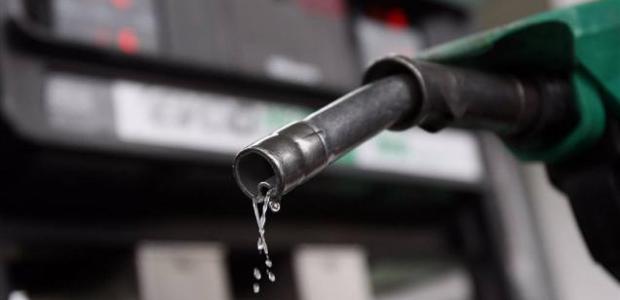Overall fuel demand in Greece fell by eight percent in the first quarter of this year, compared to the equivalent period last year, reflecting the growing financial difficulties faced by consumers as well as petroleum sector firms, latest official market data has shown.
Quarterly demand shrunk by 140,000 tons, from 1,745,927 liters to 1,605,350 liters, not including certain major consumers such as PPC, the main power utility, and heavy industry, a development that underlines the market’s worsening condition.
Market authorities believe that tax revenue objectives set by officials through a fuel tax hike are overambitious as a result of flagging demand, which, as a result of the higher tax rates, can be expected to weaken further.
The tax hike is expected to increase the retail price of diesel by 10 to 12 cents per liter, unleaded fuel by 3 to 5 cents, heating fuel by 8 to 10 cents, and auto LNG by 7 to 8 cents.
Breaking down the local market’s first-quarter fuel figures, demand for unleaded fuel fell by 2 percent, increased by 4 percent for diesel, and slumped by 22 percent for heating fuel.
Given that the special consumption tax (EFK) increase will be greatest for the diesel sub-category, its recent upward trajectory in terms of demand is expected to be interrupted. Recent new car buyers have prefered diesel models, which prompted the first quarter’s 4 percent increase in the demand for diesel.
Initiatives taken by drivers to purchase diesel car models, encouraged by lower diesel prices, once again prove that the government cannot be trusted by consumers and enterprises when it comes to long-term decision-making. Besides affecting diesel fuel consumption, the increased demand for diesel car models is now also expected to slow down.
Market officials noted that the special consumption tax increase on auto fuel will primarily affect the economy’s productive sectors. Over 50 percent of local fuel demand is generated by enterprises, transportation companies, industries, and professionals. The tax hike is expected to have a domino effect on transportation costs, fares, as well as prices of consumer goods.
The rising international oil prices witnessed of late and the euro’s ascent against the dollar only make the problem worse. This could all lead to a sharp retail price increase for auto and heating fuels, which would further flatten consumer demand and create new problems for the local petroleum industry.





